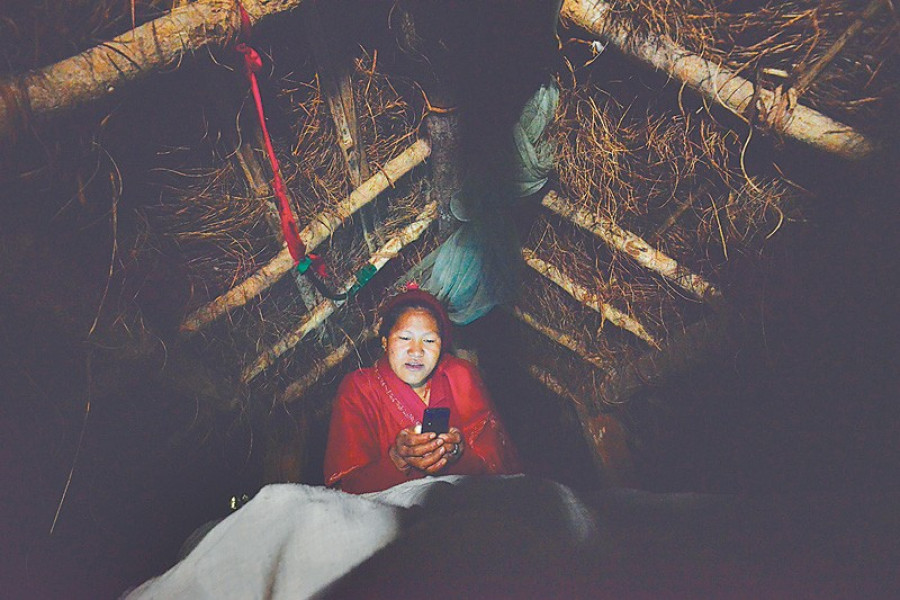National
REPORT: 60 percent people in Karnali unaware of Chhaupadi ban
A recent survey has showed that around 60 percent of people in Karnali region do not know Chhaupadi is illegal and that they continue to practice the age-old tradition, in which girls and women are banished to cow sheds and Chhau huts outside their homes during menstruation and after childbirth.
A recent survey has showed that around 60 percent of people in Karnali region do not know Chhaupadi is illegal and that they continue to practice the age-old tradition, in which girls and women are banished to cow sheds and Chhau huts outside their homes during menstruation and after childbirth.
The survey of Action Works Nepal and Bheri Environmental Excellence found that 59.4 percent of the respondents in the region do not know about the Supreme Court banning Chhaupadi and 58.9 percent do not know about Chhaupadi Elimination Guideline of the government.
Chhaupadi was outlawed by the apex court in 2005.
The survey was conducted in 21 VDCs of Mugu, Kalikot and Jumla districts.
Chhaupadi, which is still practiced in rural areas of mid and far western regions of the country, has led to several deaths of women while observing Chhau.
The government and NGOs claim that they have been actively working to combat Chhaupadi by destroying Chhau huts, organising awareness programmes and declaring Chhaupadi-free VDCs. Yet, the survey shows that 59.8 percent of people in Karnali do not know about Chhaupadi-free VDC.
Nepal has signed and ratified Universal Declaration of Human Right and Convention on the Elimination of all Forms of Discrimination against Women. The constitution also guarantees the right of women to protection against physical, mental, sexual, and psychological or any forms of violence.
The right ensured by the constitution, however, still eludes a large number of women in Karnali.
The survey has found that till this day 27.9 percent women in the region live in Chhau huts, 36.6 percent women in cow sheds and 91.4 percent women do not enter their kitchens.
The main reason behind Chhupadi is the superstitious belief that menstruating women are impure and they should be consigned to isolation, lest their presence inside homes should bring curse to their families by angering gods.
Living inside Chhau huts and cow sheds is not the only trouble faced by women observing Chhau. Without warm clothes, blankets or beddings, they are exposed to elements and infections inside Chhau huts and cow sheds.
They are also vulnerable to wildlife attacks and sexual assaults. There have been several cases of young women being sexually assaulted and attacked by wild animals over the years. On July 6, a young woman died after she was bitten by a snake in a Chhau hut.
Moreover, women observing Chhau are also denied proper meals.
The survey has found that 85.5 percent of women in Karnali who observe Chhau are not allowed to consume dairy products.
Besides denying women of their basic human rights, Chhaupadi has also been undermining their health and safety.




 9.7°C Kathmandu
9.7°C Kathmandu













